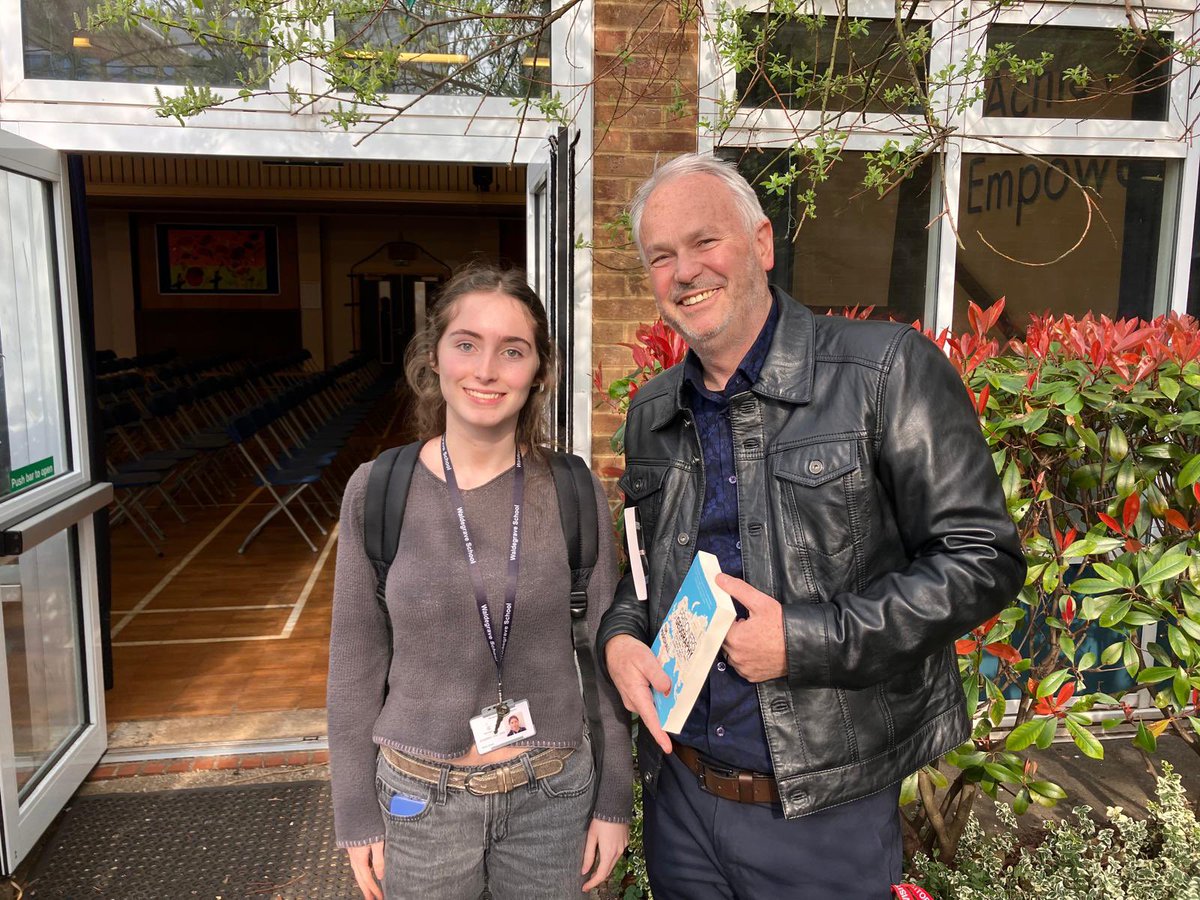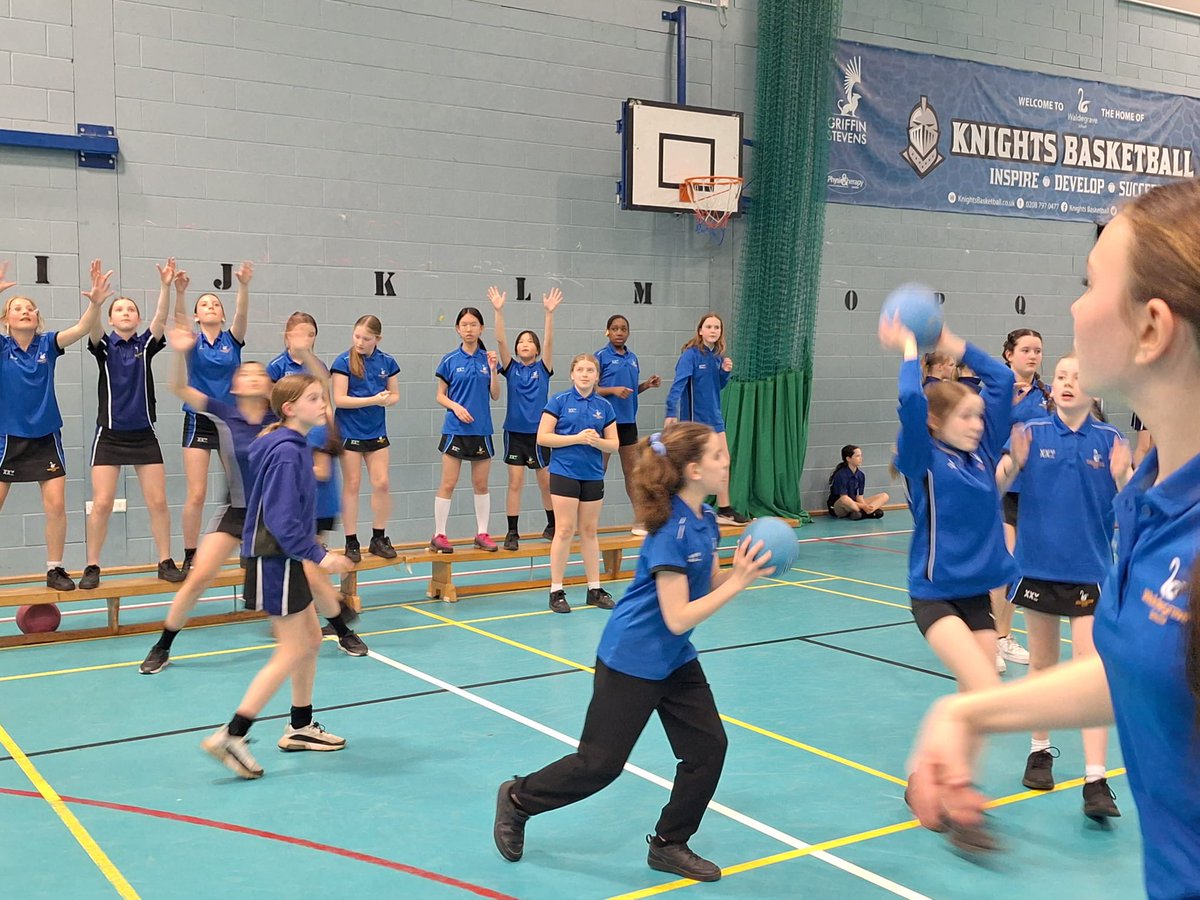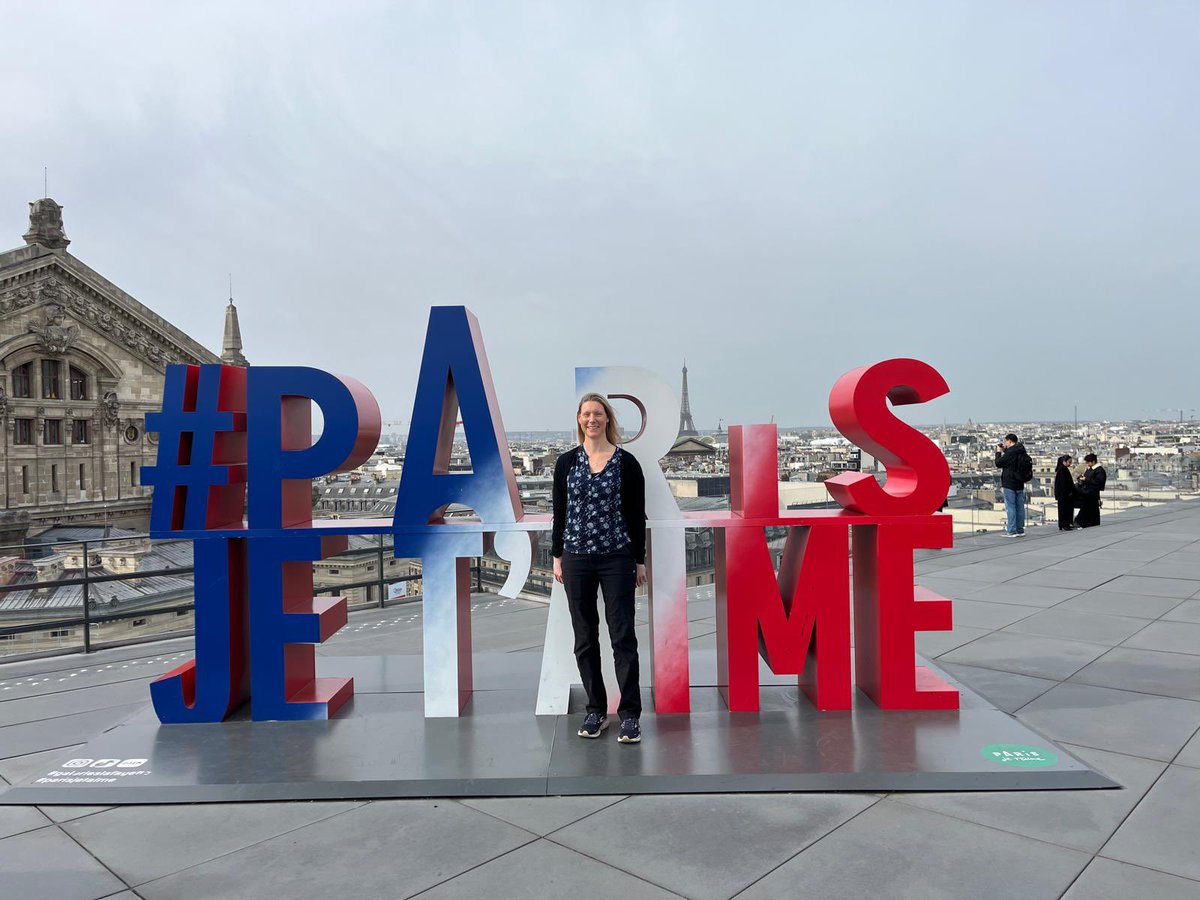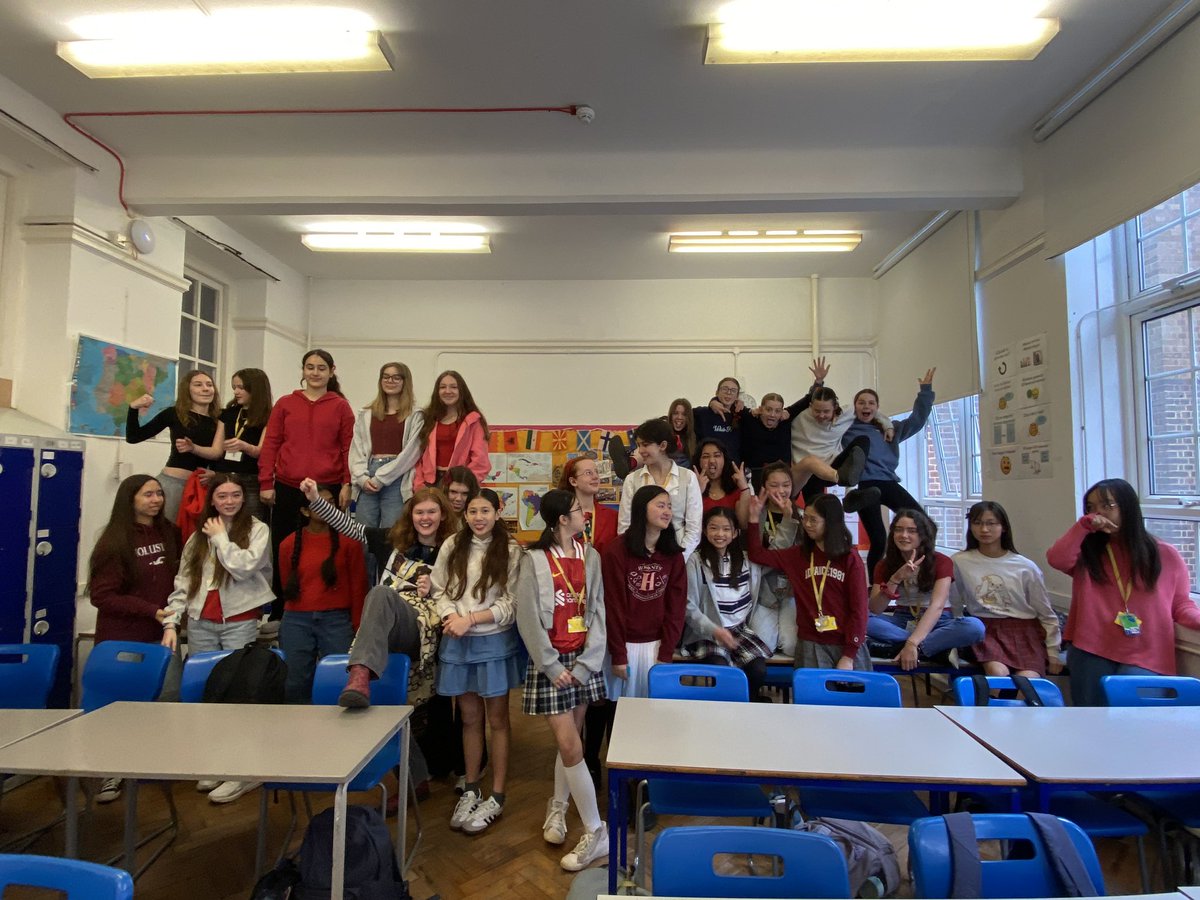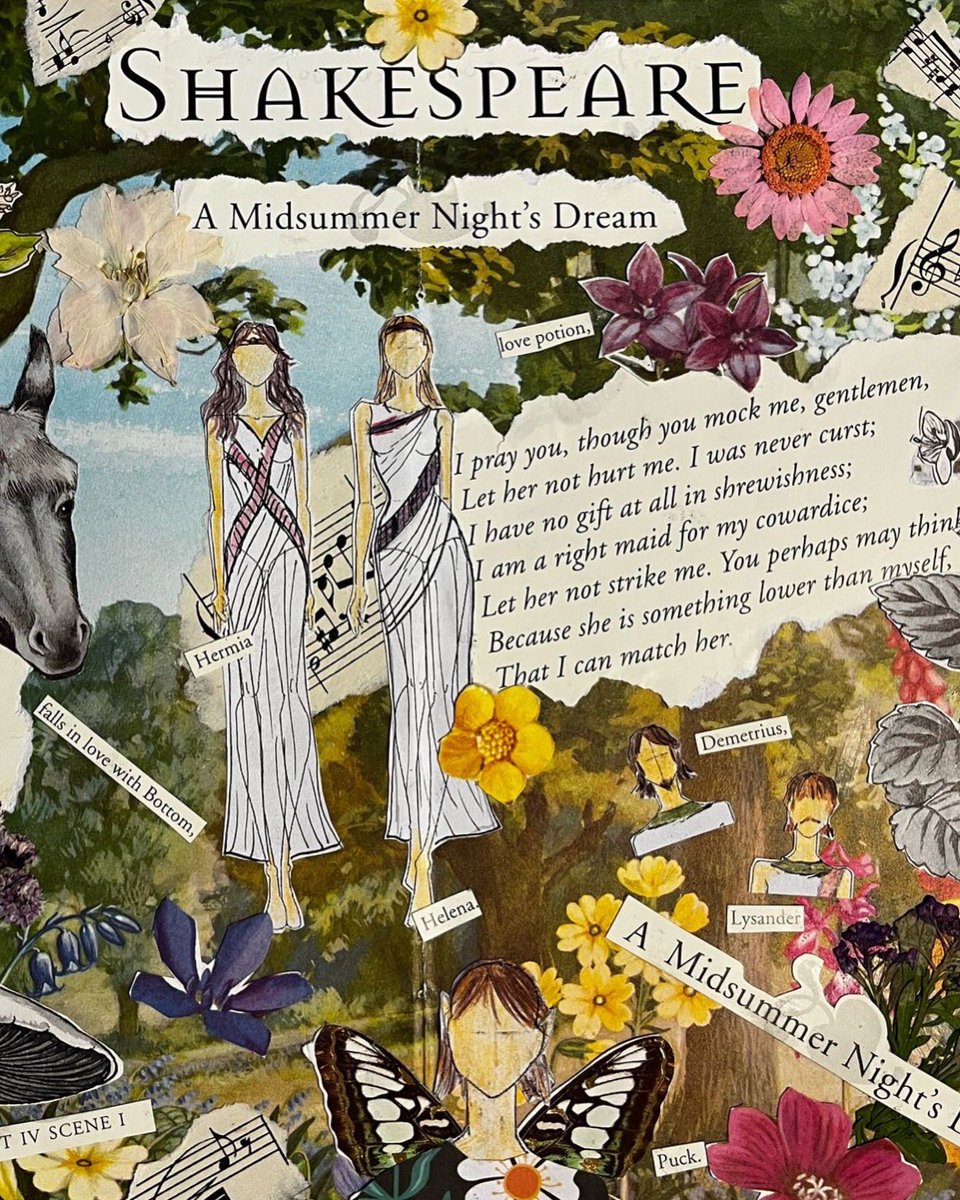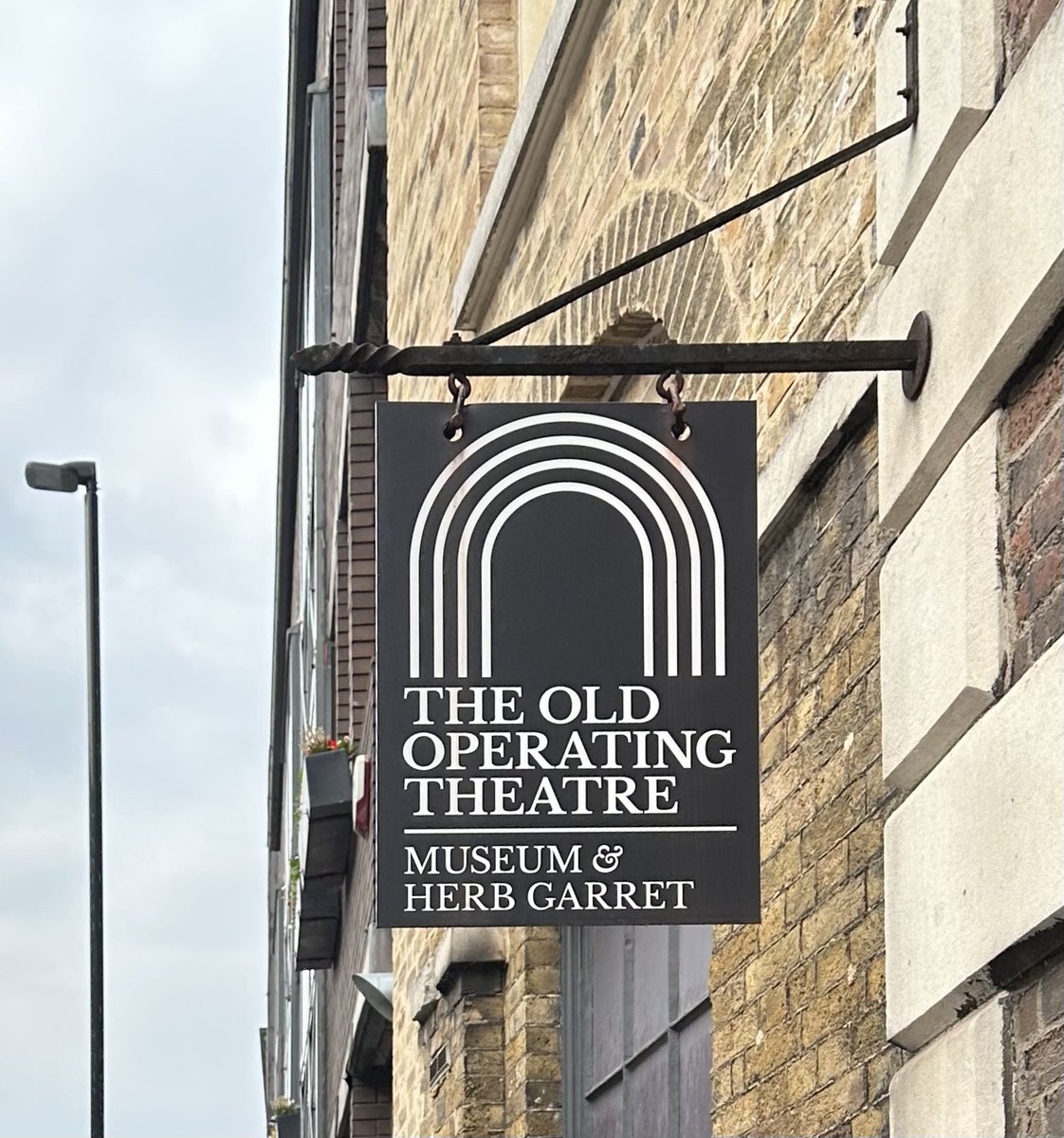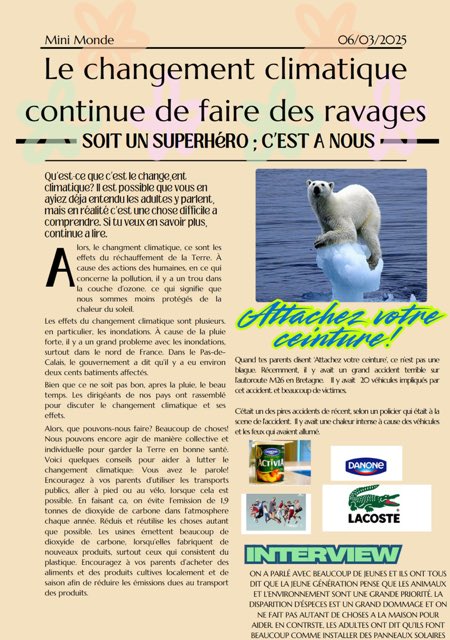Modern Foreign Languages
“The limits of my language mean the limits of my world.” — Ludwig Wittgenstein.
We aspire to expose our pupils to a broad and ambitious Modern Languages curriculum, which is rich in skills and knowledge, develops self-efficacy, kindles curiosity and promotes diversity and tolerance of other cultures. Our aim is to broaden pupils’ horizons and encourage them to step beyond familiar cultural boundaries and develop new ways of seeing the world. Furthermore, we want to increase their cultural capital through a range of class activities, cultural events and trips. It is noteworthy that employers consistently rank skills in Modern Foreign Languages as among the most desirable in an ever-competitive global jobs’ market.
The natural links between languages and other areas of the curriculum can enhance the overall teaching and learning experience. The skills, knowledge and understanding gained make a major contribution to the development of children’s oracy and literacy and to their understanding of their own culture and those of others. Language also lies at the heart of ideas about individual identity and community, and learning another language can do a great deal to shape a pupil's ideas in this critical area as well as giving them a new perspective on their own language.
Students confidently improve their speaking skills through the use of the target language for real purposes. They also develop their listening and reading skills to enhance comprehension of the language. Through writing and translation, students are able to apply the rules of grammar which, in addition, allows them to enrich their linguistic knowledge of English.
Learning a language equips students with transferable skills, such as problem solving, the ability to infer and deduce meaning, memorisation and promote independent learning.



